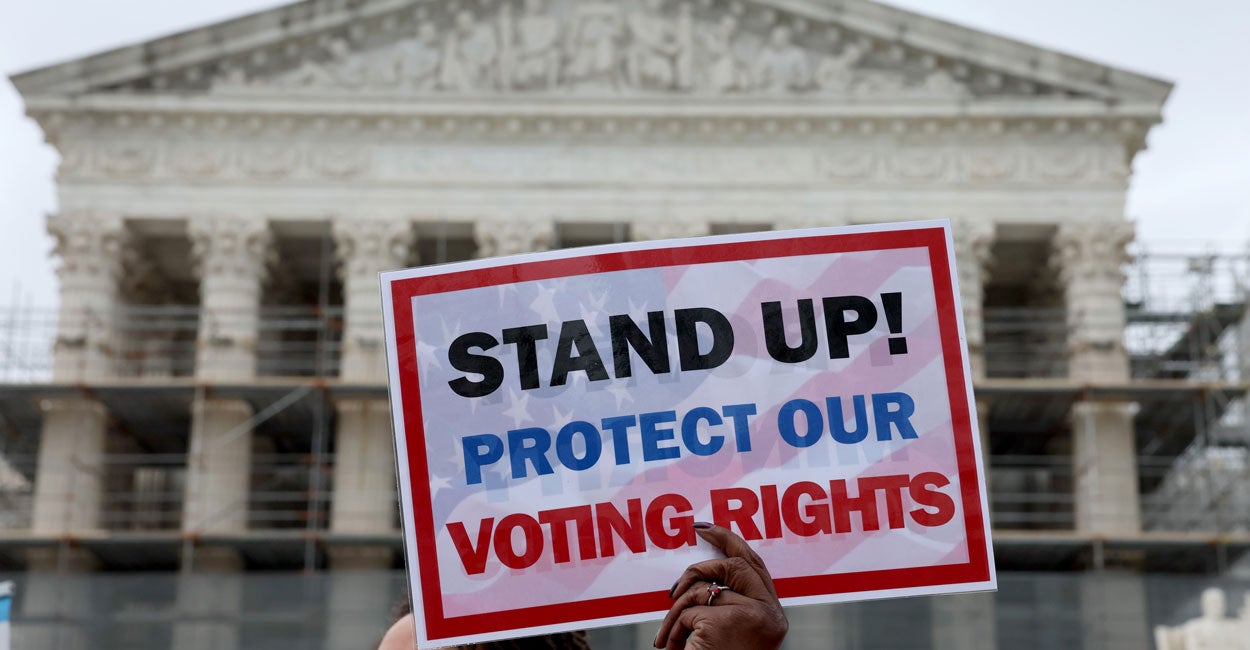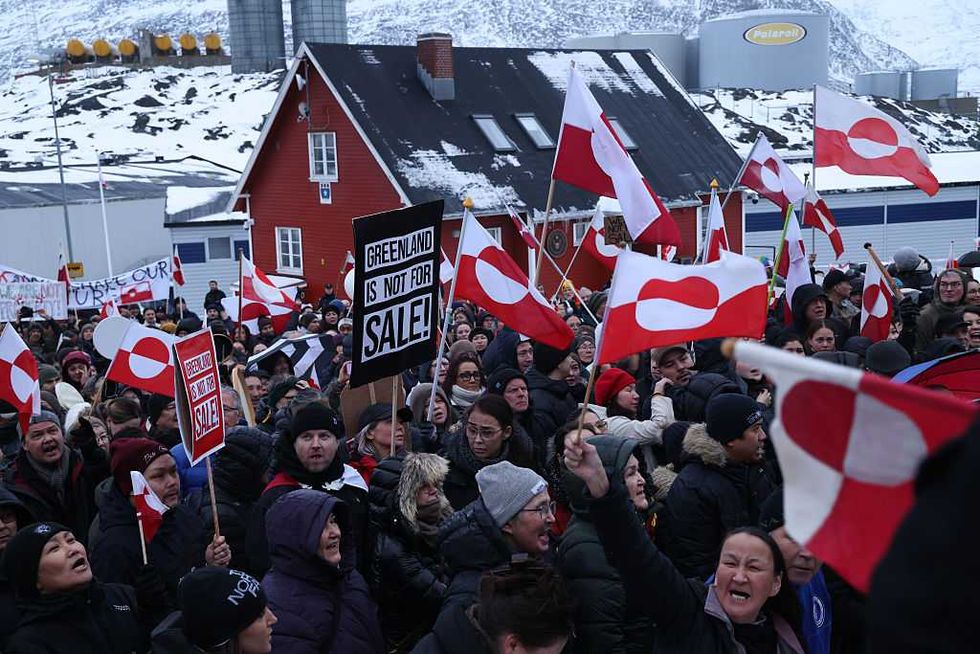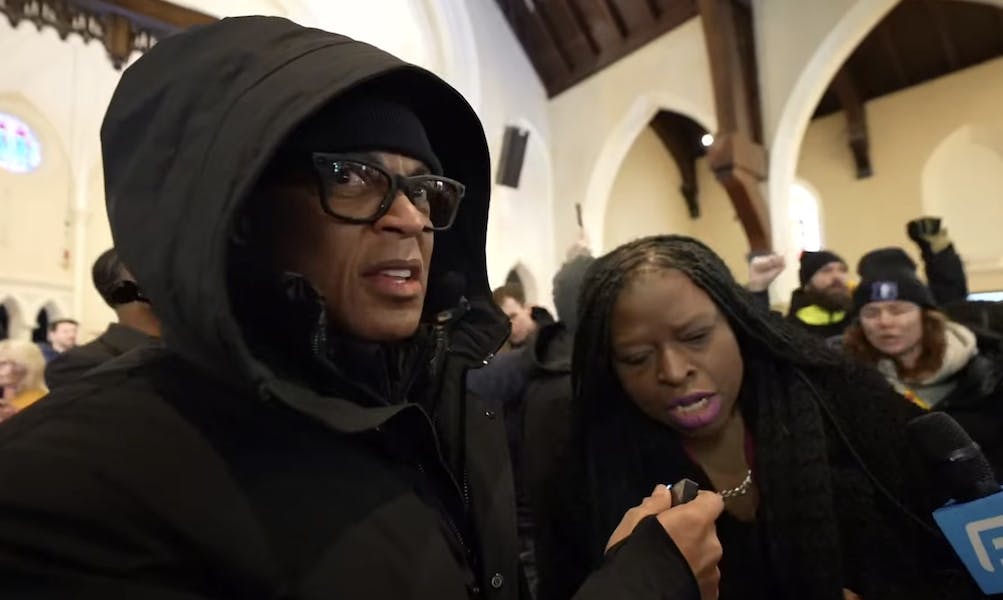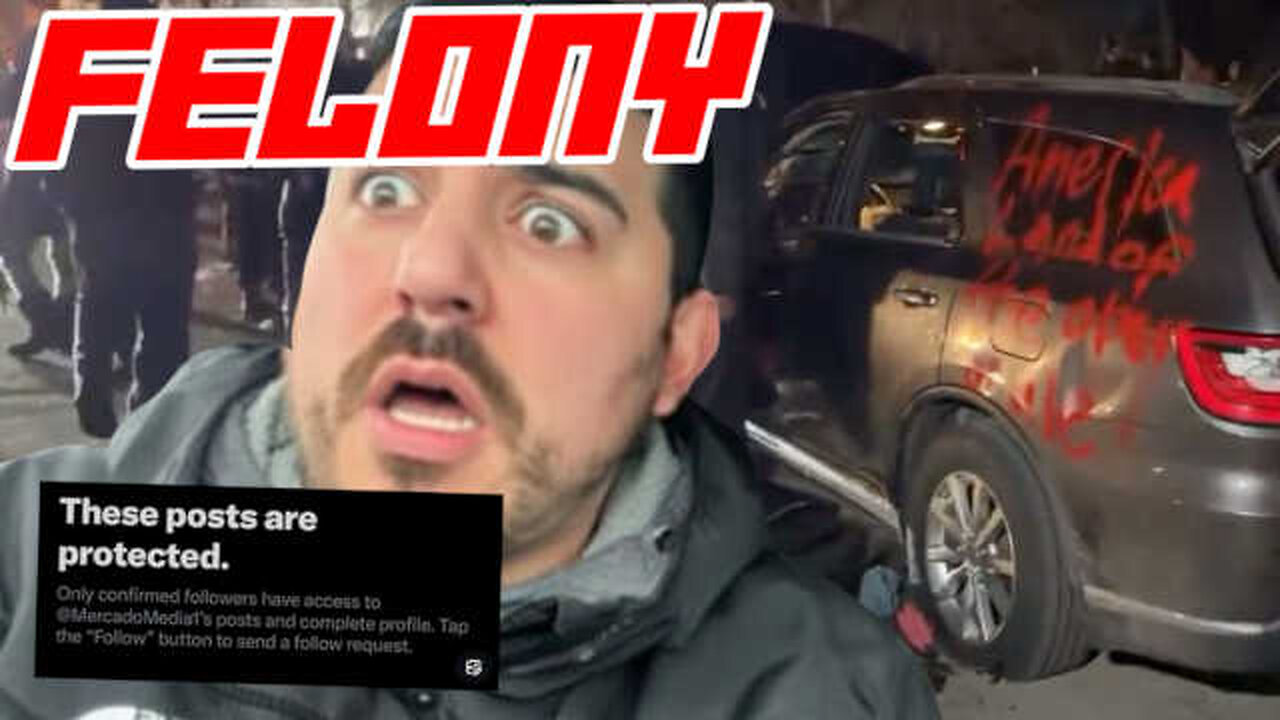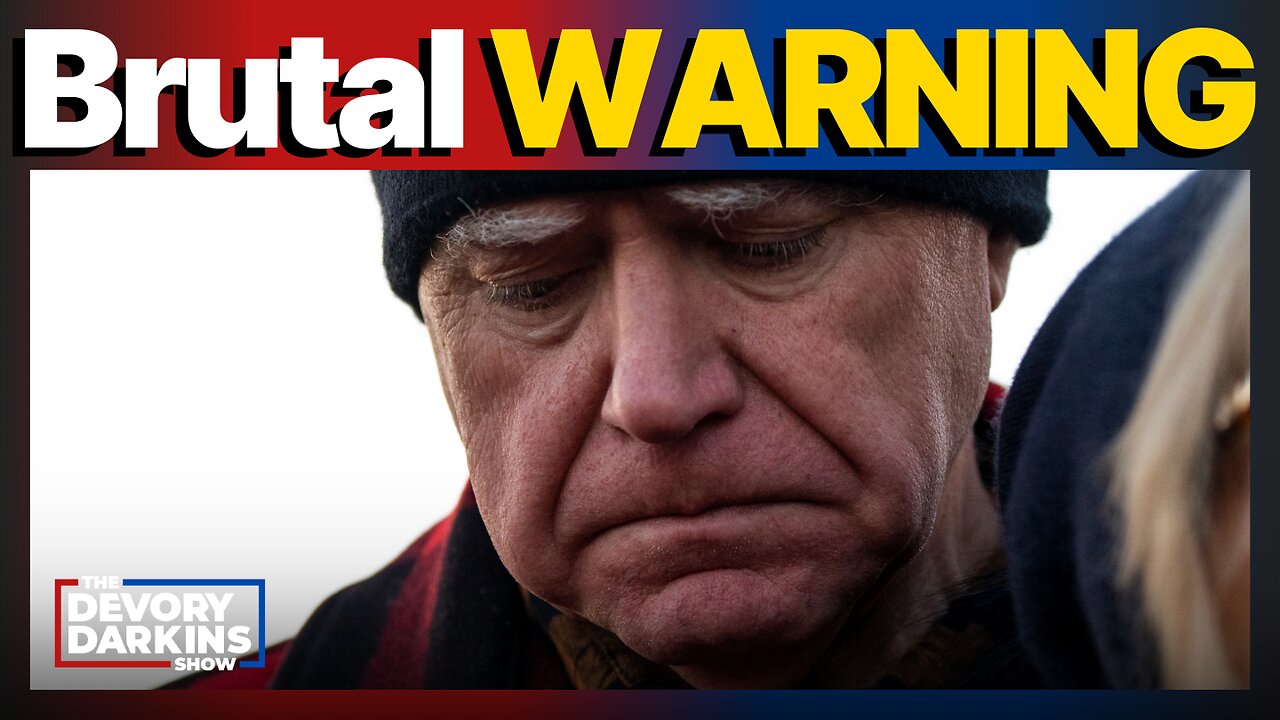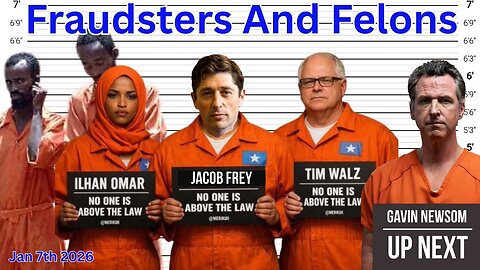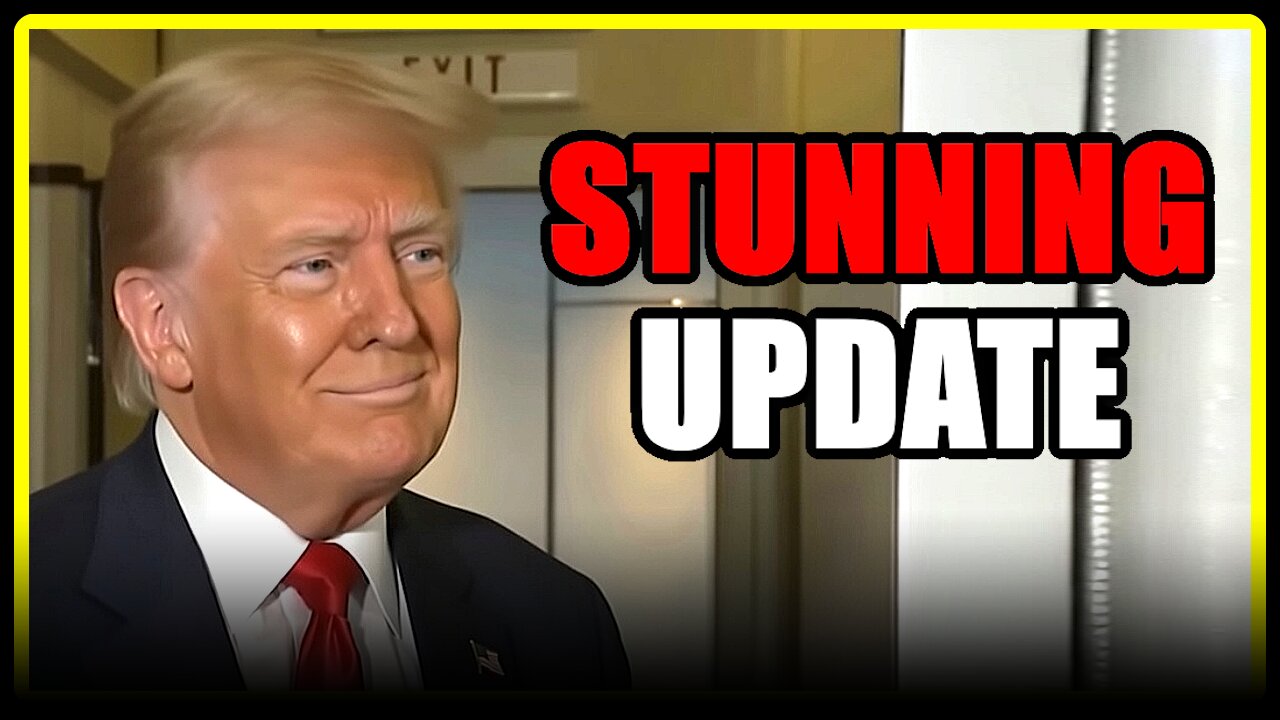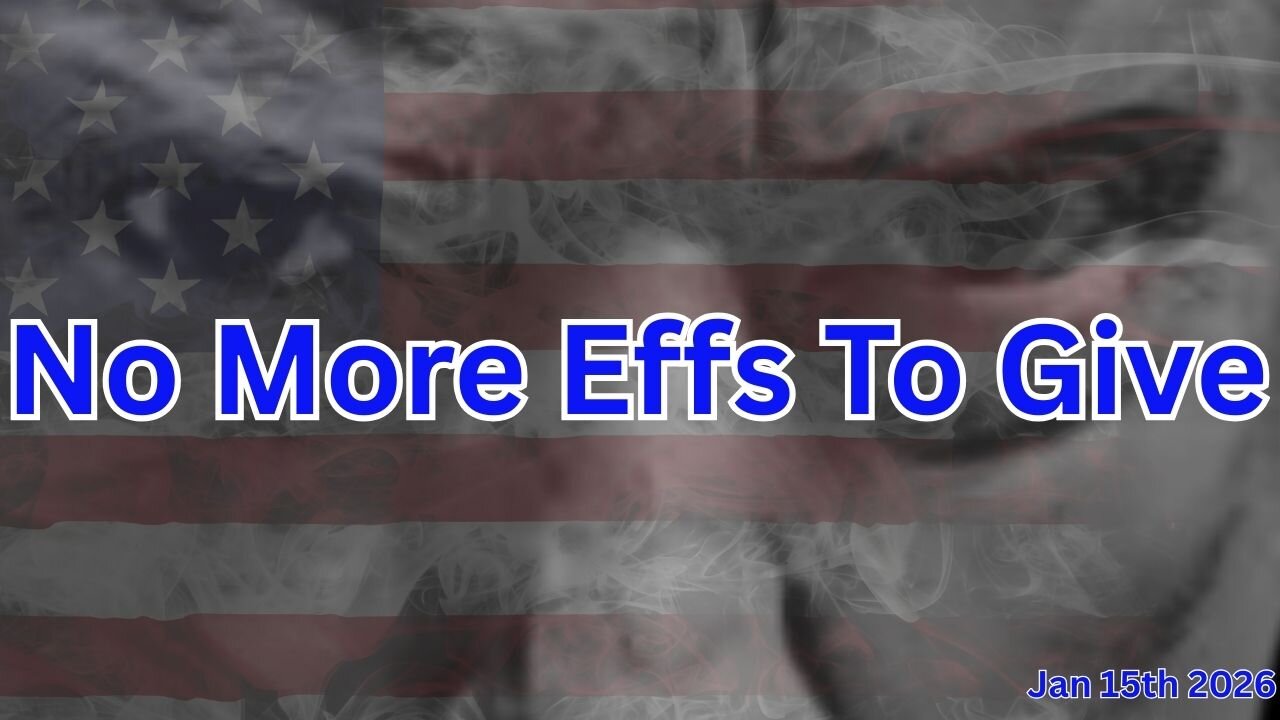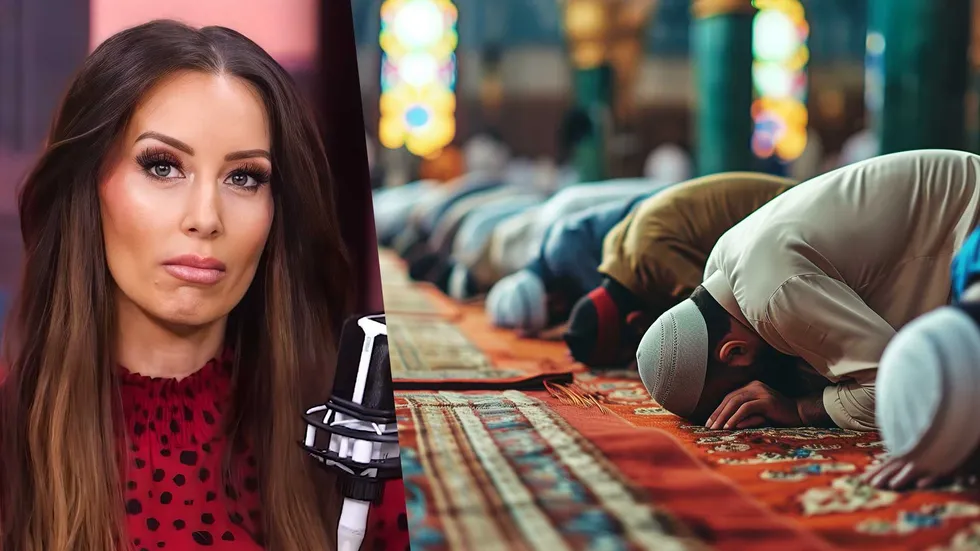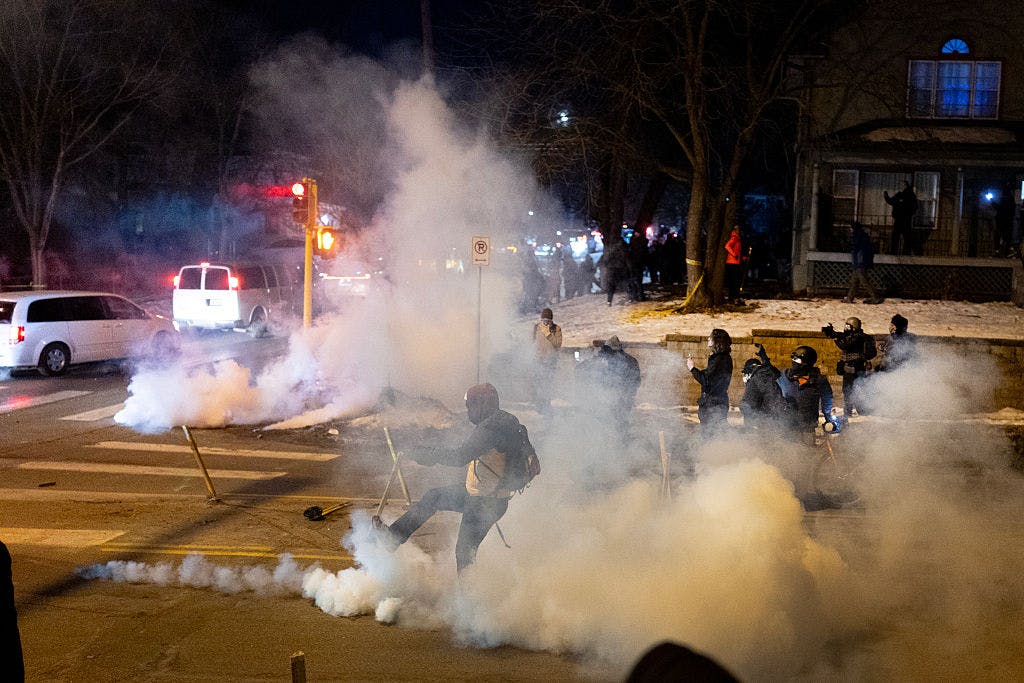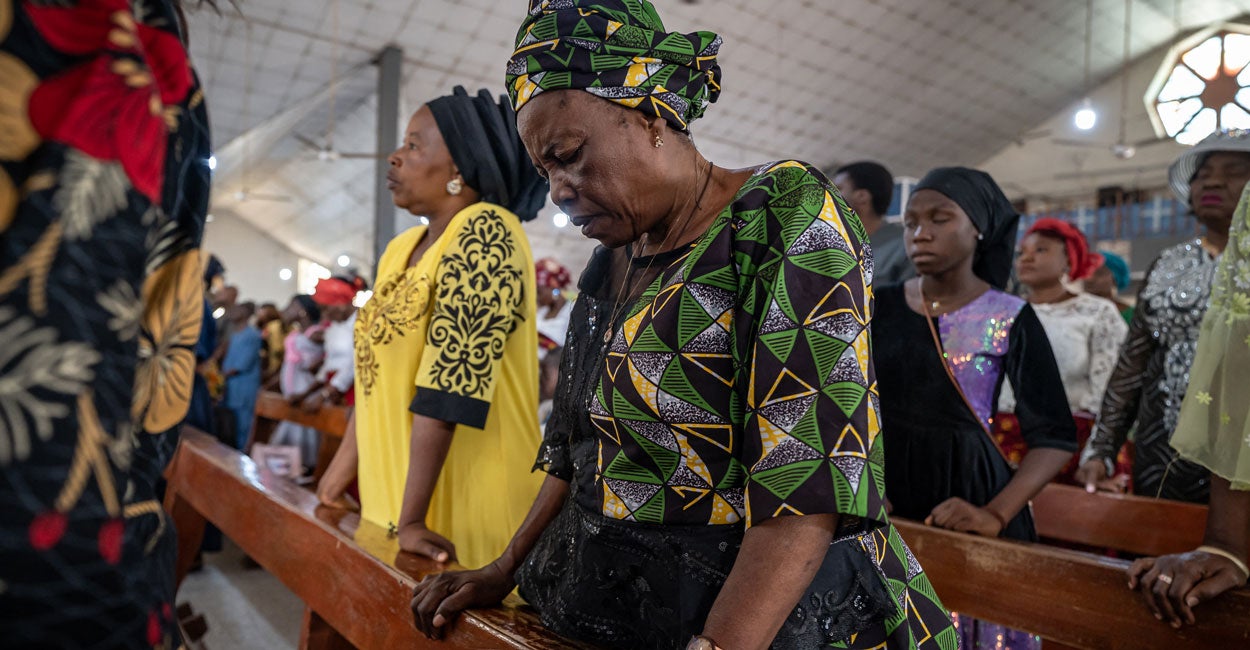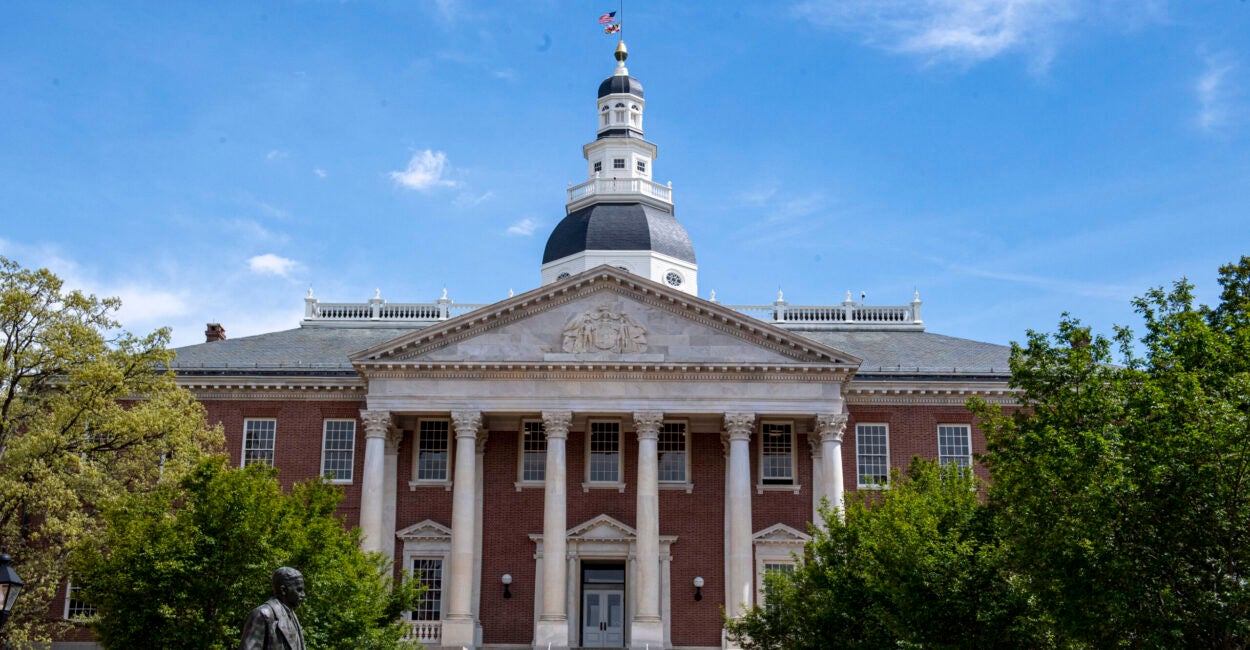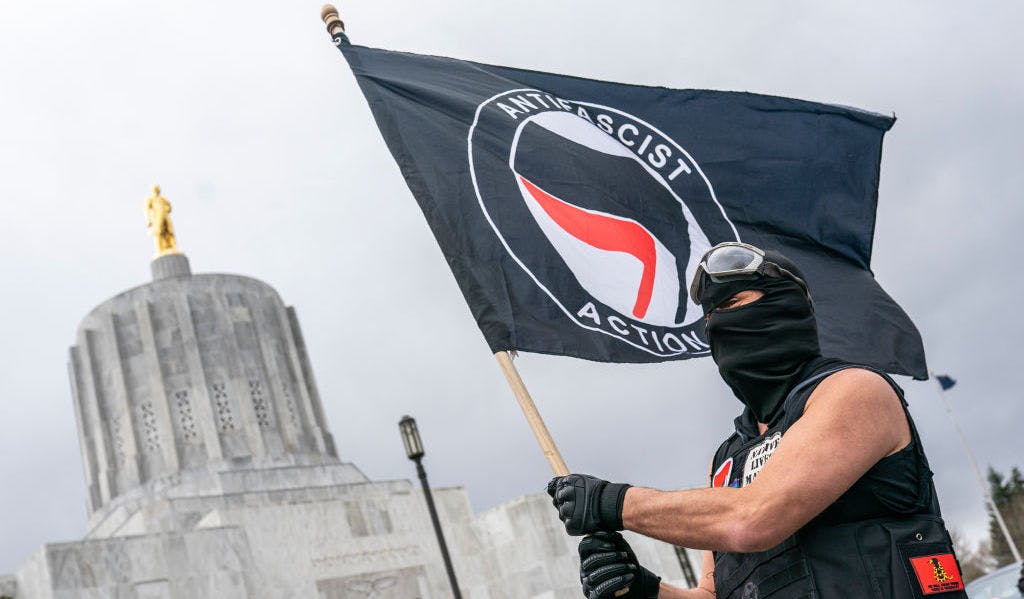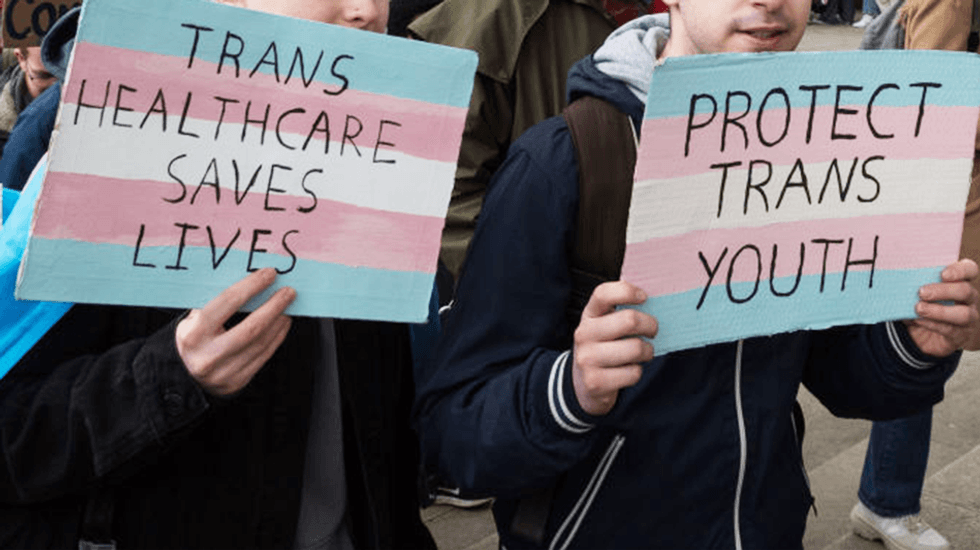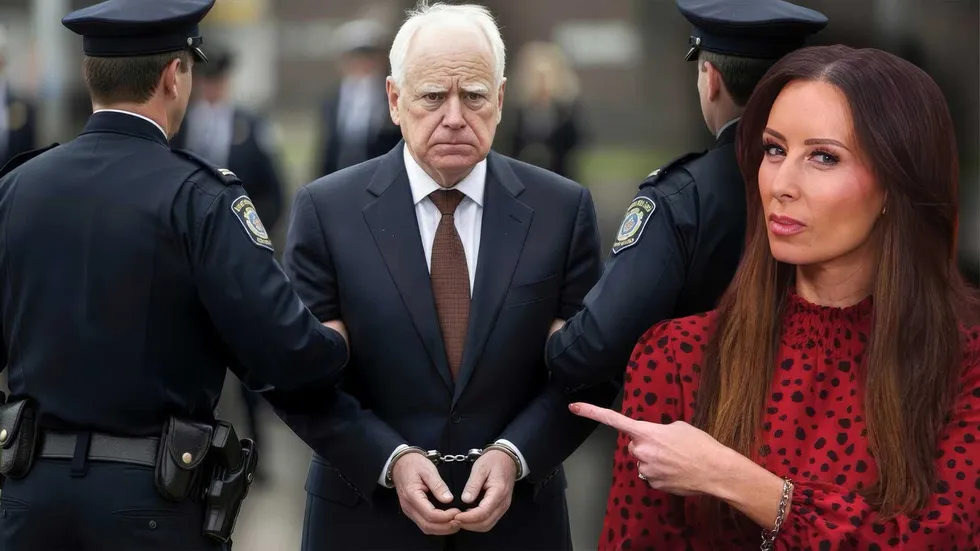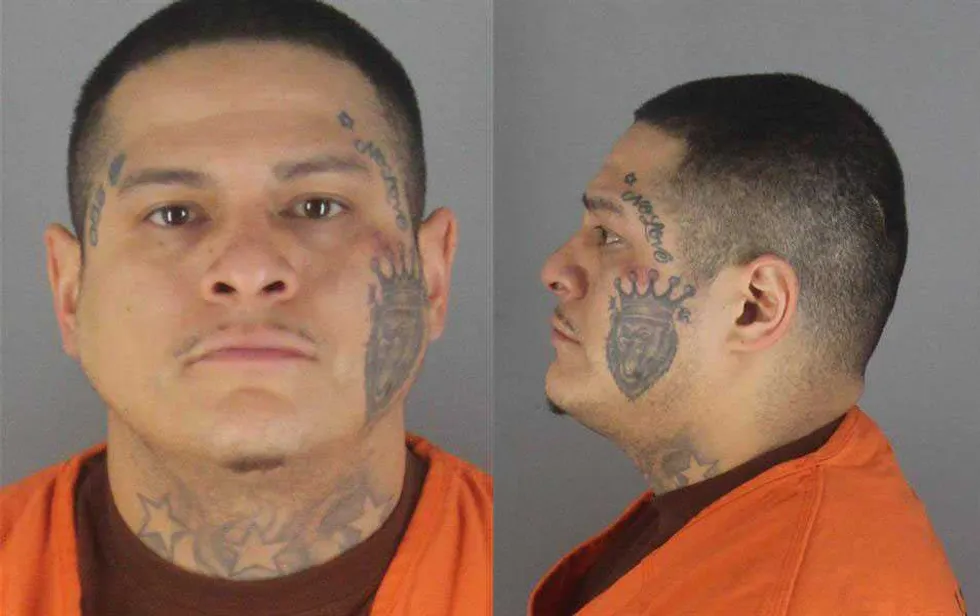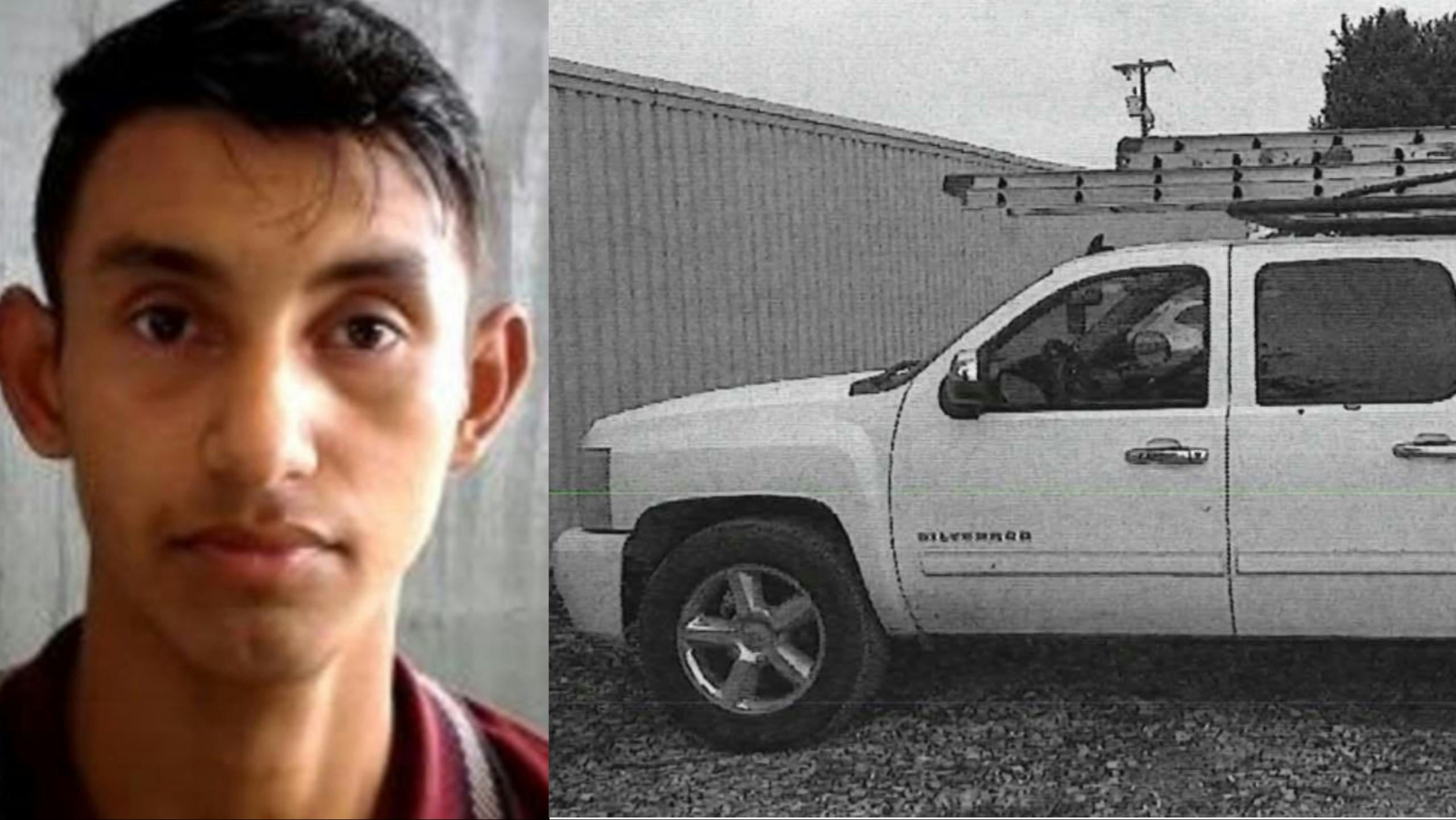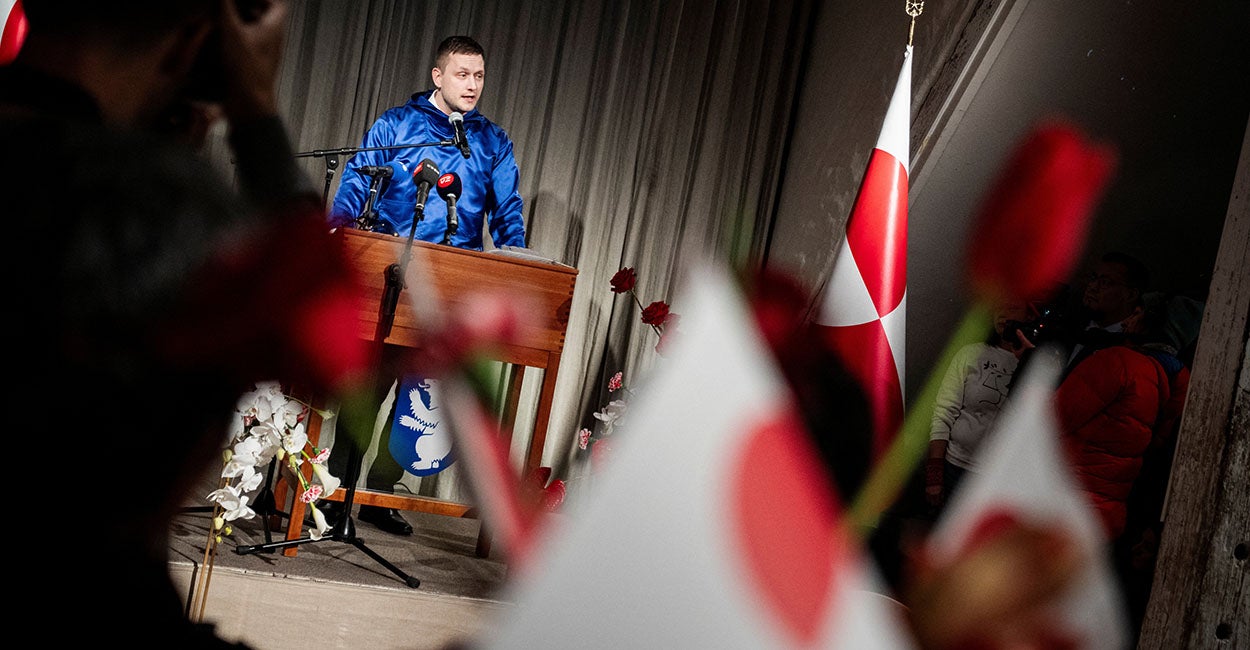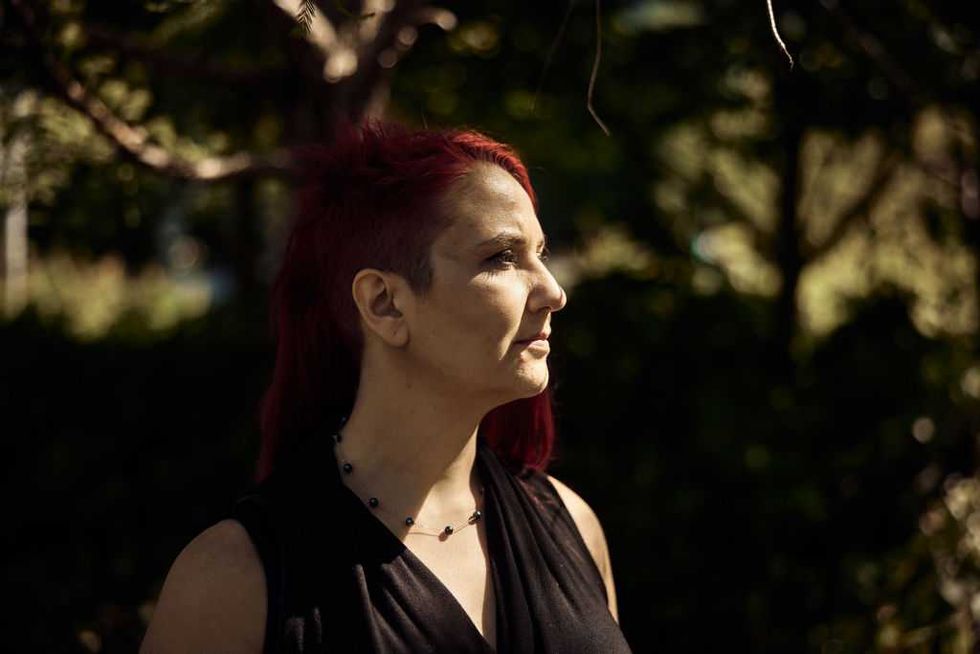Inside the State Department’s Fact-Finding Mission to South Africa
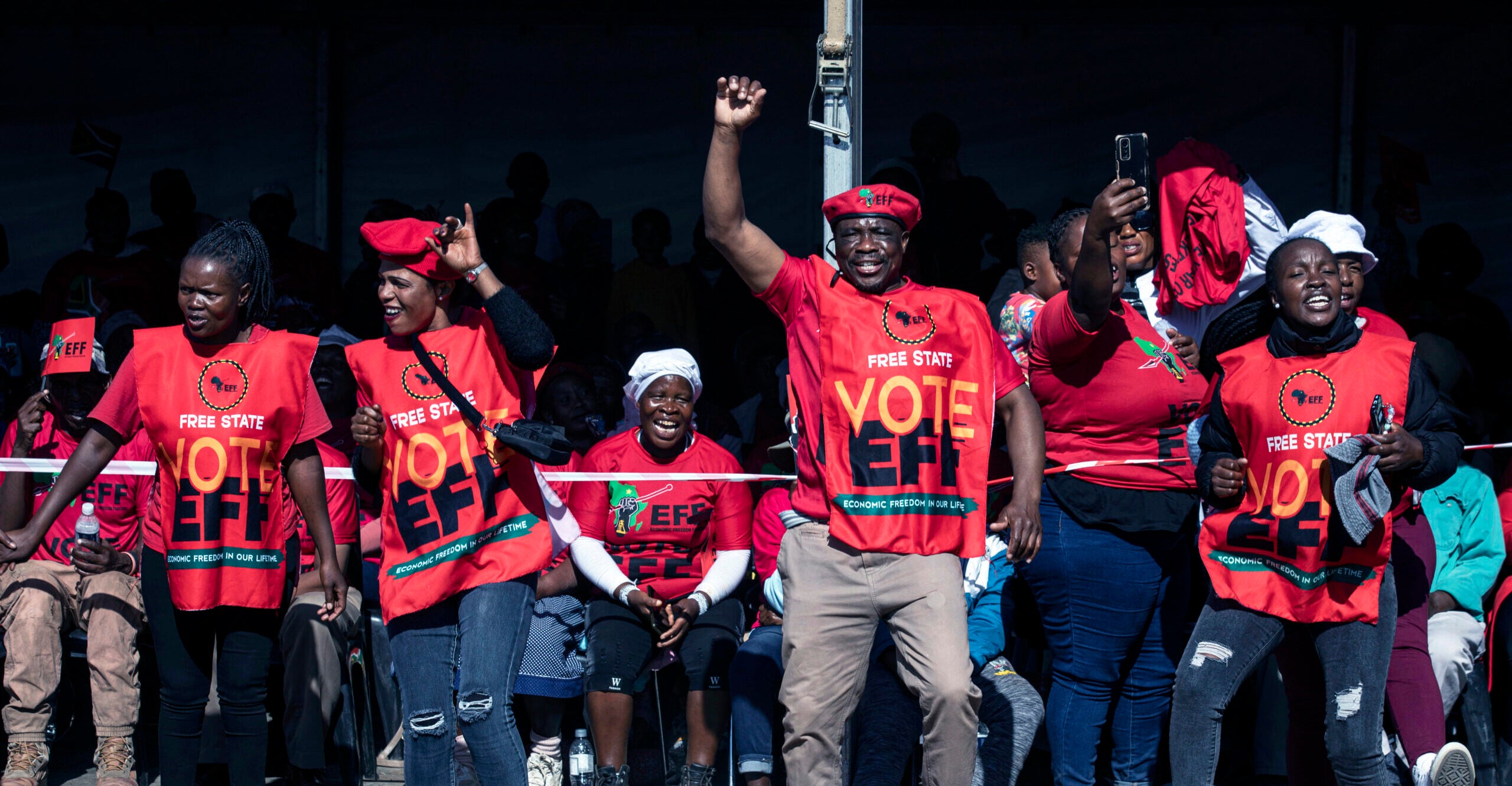
I wrote a piece for The Daily Signal on Aug. 2 highlighting new findings from the State Department’s Bureau of Democracy, Human Rights, and Labor (DRL) on racially charged violence targeting white farmers in South Africa. After my commentary created some buzz, I was able to arrange an interview with a senior State Department official willing to provide an inside look at the fact-finding mission.
Live Your Best Retirement
Fun • Funds • Fitness • Freedom
The DRL’s trip to South Africa came on the heels of President Donald Trump signing an executive order to pause all foreign aid to South Africa and resettle refugees victimized by the Rainbow Nation’s racial policies earlier this year.
Nevertheless, “reporting has been sparse” and “data on what was actually going on in South Africa was pretty hard to come by,” the senior State Department official, who requested anonymity, told The Daily Signal.
“The purpose of the trip was to get to the ground truth on the allegations of rural crime, and particularly brutal rural crime and attacks occurring in South Africa that particularly were affecting farmers, minority populations, and Afrikaners,” the official said.
The plight of those South Africans has been broadly ignored by the international community. “This is not a human rights issue that the international community has paid particular attention to [and] it’s not something that the mainstream media has paid particular attention to,” the official claimed. “The international media, American media, mainstream media, has never historically had any problem covering human rights issues in foreign countries. But for some reason, this particular issue was one that received very sparse reporting or was kind of relegated to the conspiratorial realm.”
When the Western media or Western institutions do weigh in, however, they often brush off concerns about racist rural crime with two conflicting explanations. On the one hand, they claim that rural crime in South Africa is lower than, or comparable to, urban crime. On the other hand, they argue that rural crimes occur specifically because of localized factors, such as poverty, geography, and inadequate infrastructure.
They can’t have it both ways: Either rural areas are equally or less dangerous than urban ones, or rural areas are particularly dangerous because of environmental or economic factors.
That’s why sources on the ground tell a different story. “No one in any of the government meetings that we had denied that South Africa has a crime problem, that the crime problem has accelerated probably the past 10 years, that quality of life is declining for South Africans of all types and all populations, all across the country,” the State Department official said. “And most of them also agree, and it was interesting that this was kind of admitted openly, that there is a particularly brutal nature to rural crimes; in particular, crimes affecting farmers and rural populations. That was widely acknowledged.”
“Torture was a common thread throughout these crimes,” the official told The Daily Signal, adding: “Grotesque practices of torture.”
I won’t go into particular details, because it’s really quite foul, but everything from sexual violations to people watching their family members get brutalized to tying people up and lighting them on fire and cutting them with crude objects. Truly deranged things.
From what the Bureau of Democracy, Human Rights, and Labor heard from sources on the ground, many of these attacks are “premeditated.” Civil society groups told the DRL that “often the farms that ended up being attacked were staked out by it for extended periods beforehand so people could track the comings and the leavings.”
The most vulnerable populations tend to bear the brunt of the attacks. “The victims tend to disproportionately be elderly and people who are perceived to have resources,” the official added.
The DRL previously published its findings in a thread on the social media platform X. “Violent crime is rampant in South Africa, but rural attacks—especially on farms—display a distinctly brutal pattern,” one post in the DRL thread read. “Local sources reported 296 farm attacks and 49 murders in 2023, and that victims are disproportionately elderly, isolated, and face delayed police response.”
While certain elements of the South African government and the corporate media have downplayed the violence in these rural communities, often crediting the crimes to opportunity and poverty, the DRL claimed that “these are not ordinary crimes.” The bureau added that “in some documented cases, reports detail victims tortured or killed without anything being stolen.”
“The international community and mainstream media have decided to remain silent on this issue,” the DRL concluded. “Rejecting this moral failure, the United States condemns these brutal attacks and stands with all South Africans working to build a peaceful and more prosperous country.”
While sources on the ground acknowledged the brutality of the attacks, some took issue with the Trump administration’s assessment that racial animus toward white South Africans is a major contributing factor.
“The government answer was that it’s just because rural populations tend to be pretty isolated: There’s less infrastructure, there’s less police, and there are fewer resources on hand,” the State Department official explained. “It’s harder to respond in time, just because the distances between individuals are greater. And also, the rural areas tend to be poorer than the urban areas, so there’s a greater propensity for crime.”
While other civil society groups were willing to say that poverty and quality of life were contributing factors to rural crime, they told the DRL that does not adequately explain the level of brutality often seen in these attacks.
“We met with folks who gave us particular examples where brutal, brutal attacks occurred against rural populations where nothing was stolen,” the Senior State Department official said.
The shocking revelations that civil society organizations provided on the nature of these rural crimes raised important questions for the State Department officials: “If it’s not just petty crime, if it’s not just poverty-driven, what is it?” the official asked rhetorically. “And, you know, that’s still an open question to some extent.”
At the same time, however, South Africa’s political leaders have targeted these minority groups with their rhetoric and their policies.
The most infamous of those leaders is Julius Malema, the leader of a Marxist, black nationalist party called the Economic Freedom Fighters (EFF). When South African President Cyril Ramaphosa came to the White House in May, Trump played a video of Malema at an EFF rally leading a massive crowd in chants of “Kill the Boer! Kill the farmer!” Malema is not some fringe figure without political power, either. The EFF is the third-largest party in South Africa’s National Assembly.
“I think we can see at least a correlation,” the senior State Department official said. The official pointed to a case that DRL highlighted in its X thread of a farm attack that started with graffiti that read “Kill the Boer! Kill the farmer!” and “Viva EFF.” Not long after, “the farm was attacked.”
“It would be one thing to attribute this to a one-off,” the official explained, “but when you realize that the attacks are being justified by slogans and chants and war cries that are permeating the mainstream of the South African government, that raises some eyebrows.”
Malema and the EFF are not alone, however. Before “Kill the Boer! Kill the Farmer!” was Malema’s mantra, it was Peter Mokaba and the African National Congress’ (ANC) chant. Mokaba popularized the incantation when he was a youth organizer in the struggle against apartheid in the early 1990s. Two years after apartheid ended and the government turned over, Mokaba was a deputy minister in Nelson Mandela’s government. When Mokaba died in 2002 at the age of 43, speakers at his funeral repeated the chant. On Wednesday, however, ANC Secretary-General Fikile Mbalula informed the media that ANC members are no longer allowed to chant “Kill the Boer” in the wake of a national executive committee meeting.
The ANC has been South Africa’s ruling party since 1994. In the years since, at least 3,000 white South African farmers have been killed. Land reform has long been a pillar of the ANC’s policy platform, but the violence against Afrikaners has intensified in the last decade as the South African government has pushed broader expropriation and land-reform efforts. The latest of those efforts was a new Expropriation Act that permits more land seizures without compensation. Ramaphosa signed that legislation in January.
“The history of South Africa is obviously complex, and so I do want to be sensitive to that,” the official said. “But when an expropriation bill says that certain land can be taken, potentially, without any compensation, when you have employment laws and equal opportunity laws that mandate racial quotas, when you have politicians that are openly chanting, ‘Kill the Boer! Kill the farmer!’ … you see how people can now take that to certain extremes when there’s fomented division within not just the culture, but also within the policies of the government.”
Thus far, the official told The Daily Signal, the response from South Africa’s government has been mixed. While the country wants to court American investors, it has shown little resolve to address the issues that could hamper that economic relationship.
“If South Africa wants to insist that it’s a partner with the United States on these fronts of human dignity and human rights,” the official concluded, “then they need to put their money where their mouth is.”
The post Inside the State Department’s Fact-Finding Mission to South Africa appeared first on The Daily Signal.
Originally Published at Daily Wire, Daily Signal, or The Blaze
What's Your Reaction?
 Like
0
Like
0
 Dislike
0
Dislike
0
 Love
0
Love
0
 Funny
0
Funny
0
 Angry
0
Angry
0
 Sad
0
Sad
0
 Wow
0
Wow
0

